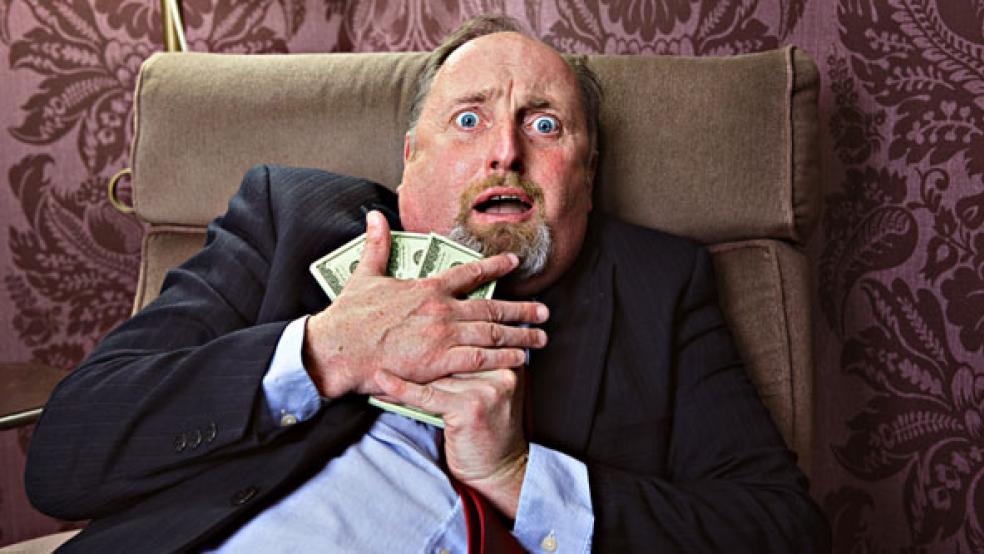As Democratic presidential candidates debate a variety of new social programs, from universal health care to free higher education, Elizabeth Warren and Bernie Sanders are calling for a wealth tax to help fund some of their most ambitious plans. Such a tax has political purposes as well, aiming to chip away at rising inequality and the overwhelming economic power of the superrich who have claimed the lion’s share of growth in recent years.
In brief, Warren has proposed a 2% tax on household wealth above $50 million, rising to 3% for billionaires. Sanders’s plan is more aggressive, applying a 1% tax to net worth over $32 million, with the rate increasing steadily until it tops out at 8% for those worth more than $10 billion.
But is a wealth tax a viable idea? And what would it do to the economy?
What critics say: Although a wealth tax is popular with the public on a bipartisan basis, the idea is nevertheless controversial in some circles, and there are sure to be legal challenges to any effort to impose one. Constitutional issues aside, plenty of economists and business leaders insist that taxing capital is a bad idea, one that threatens the efficient operation of the economy. “You’re going to completely disincentivize capital investment, which is going to be very, very bad for economic growth,” said Treasury Secretary Steven Mnuchin last month, according to a piece examining the issue in Tuesday’s New York Times.
Some centrist economists agree. The Times quotes President Obama’s former Treasury Secretary Lawrence Summers, who co-wrote an article claiming that a wealth tax “would undermine business confidence, reduce investment, degrade economic efficiency and punish success in ways unlikely to be good for the country or even to be appealing to most Americans.”
Critics also argue that the rich will likely be able to evade any wealth tax Democrats try to impose, thanks to the lawyers and accountants they can pay to create workarounds for virtually any tax regimen. Criticizing wealth taxes on both an economic and practical basis, economist N. Gregory Mankiw, who led President George W. Bush’s Council of Economic Advisers, told the Times that, “On the one hand it’s a bad policy, and then the other thing is it’s a feckless policy.”
What supporters say: “Don’t believe the scaremongering,” says David Leonhardt of The New York Times, who says there is reason to believe a wealth tax would actually accelerate economic growth. Reducing inequality, which stands at record levels in the U.S., via a wealth tax would free up funds that “are held by a tiny slice of people, who aren’t using the resources very efficiently,” Leonhardt wrote Wednesday. Gabriel Zucman, the University of California at Berkeley economist who has done much of the intellectual legwork underlying the Democratic tax proposals, told the Times that the tax would have a positive, though modest, effect on economic growth by spurring innovation and competition.
Steve Wamhoff, director of federal tax policy at the liberal Institute on Taxation and Economic Policy, said Wednesday cited the public investments that could be financed with revenues from the wealth tax, providing the economy with a much-needed boost. “Industrialized nations with thriving economies all over the world collect far more in tax revenue and invest far more in public goods than we do,” Wamhoff wrote Wednesday. “If we need to raise revenue, taxing the rich is a logical place to start given exploding income inequality and wealth inequality.”
Addressing the potential problem of tax evasion, Gene Sperling, who advised Presidents Clinton and Obama on economic matters, argued last summer that “Tax evasion is a solvable policy failure not an unsolvable act of God … there’s no reason to assume one can’t develop fair, common sense rules to deal with” the technical difficulties involved in applying a wealth tax.
The bottom line: Given the range of opinion among economists and policy experts on the issue, it’s safe to say that we don’t really know how a wealth tax would affect the economy. Like much else related to the tax code, the argument over the wealth tax is inevitably political, with much depending on your basic assumptions and preferences.




